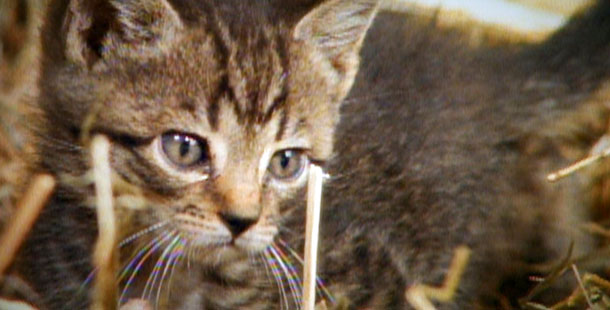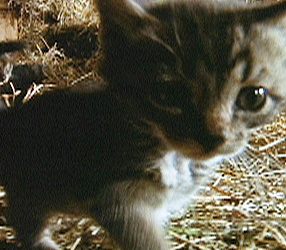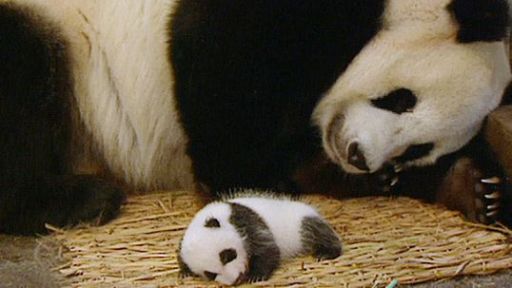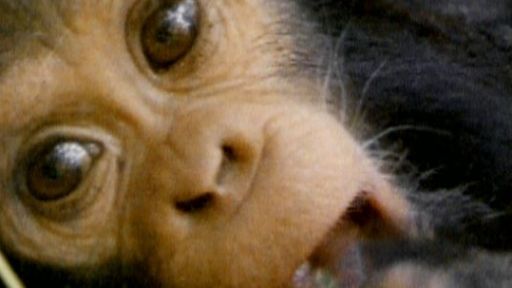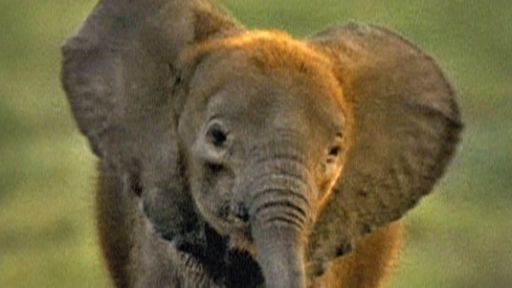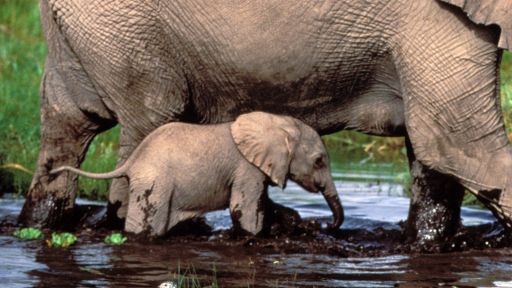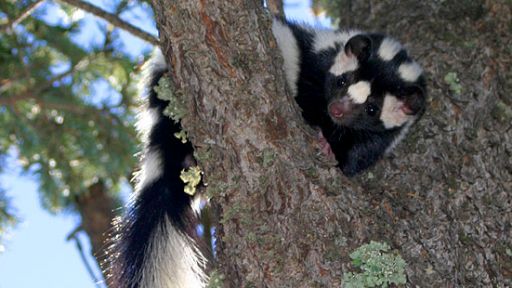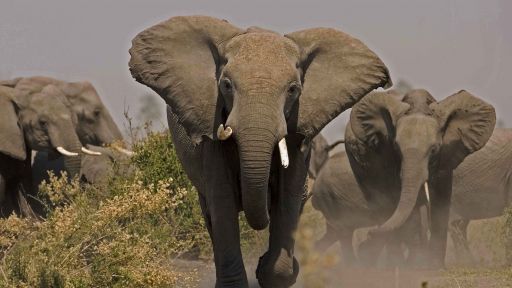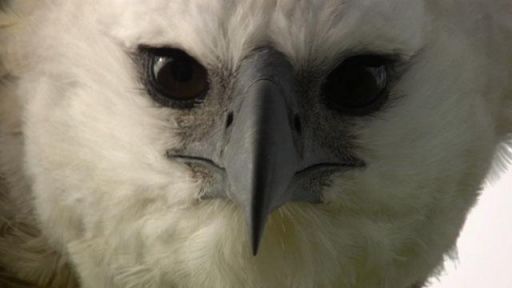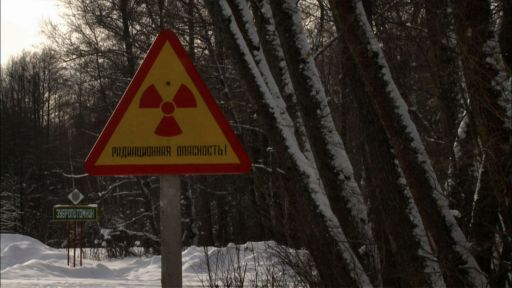As NATURE’s Baby Tales shows, baby animals can be simply irresistible. There is something about those big eyes and little limbs that just makes you want to scoop them up and hold them tight. Indeed, humans often do what few other animal parents do: adopt babies of another species.
From baby squirrels and birds that fall out of their nests to baby seals that seem to have been abandoned on the beach by their mothers, “we are a society of adopters,” says Mariel Cerela, a Virginia veterinarian who helps people care for found baby animals. “Not a day goes by that I don’t get a call from someone wondering how they can help some poor little youngster.”
Often, she says, the help is easy enough to give. “For many baby birds and squirrels, a little warm milk, warm water, and blankets will get them through the first few days,” she says. Then, depending on exactly what kind of animal it is, “you’ll have to figure out the appropriate food.” She recommends visiting your local animal doctor or calling a professional wildlife rescue outfit to get expert advice — especially if you plan on keeping the animal.
Unfortunately, she notes, some of the babies don’t really need our help, and are actually hurt by the aid. “A lot of people pick up newly fledged birds, thinking they need our help, but they usually do okay on their own,” she says. “But they can get injured by too much handling, or being fed the wrong kind of food. You have to remember that being picked up by some large, strange animal can be very stressful to wildlife — they don’t know you just want to help them.”
Similarly, she says, people who find baby seals on the beach don’t realize that it’s normal for mom to swim out to sea for days at a time in search of food. “Baby seals are very cute and cuddly, but it is no small matter to care for them correctly,” she notes. The government requires anyone handling seals to have a special permit, she notes. And often the seals need to be air shipped to a nearby aquarium.
In addition, Cerela warns, “those cute babies can grow up to be very hard to handle — even dangerous — adults.” The raccoon that once fed out of your hand, for instance, may later take a bite out of a finger. “People are always amazed [that] their helpless little babies grow up to be rather self-reliant and aggressive adults.”
But adopters rarely consider such future problems when gazing into the eyes of that vulnerable newborn. “People just get swept away,” Cerela says. “I suppose it’s a good thing overall, but every rescuer really needs to stop and consider whether they are doing what is best for the animal — or just what makes them feel good inside.”

